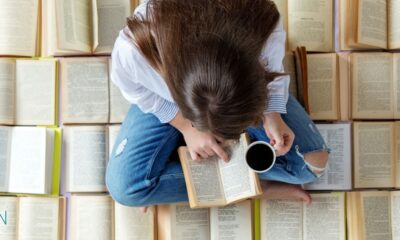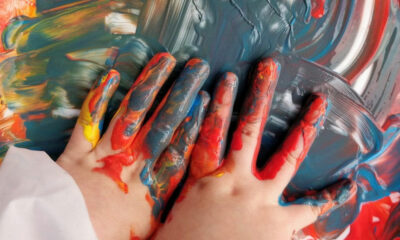Books
Minimalist Living: Books to Help You Simplify Your Life
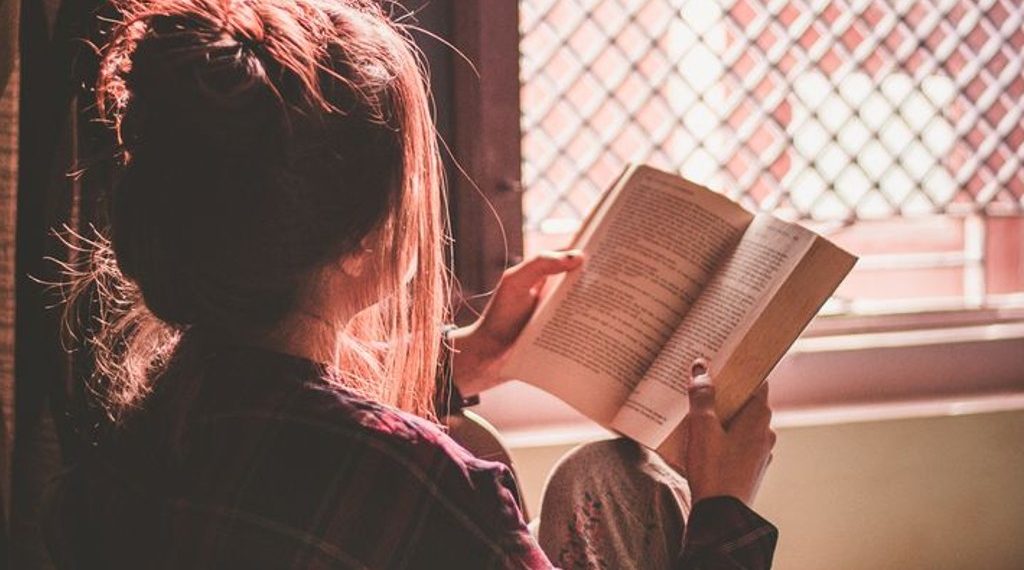
In a world filled with distractions and material excess, many are turning to minimalist living as a way to find peace, clarity, and focus. Minimalism isn’t just about decluttering your physical space; it’s also about simplifying your mind, emotions, and daily habits to create a life filled with purpose and intention. If you’re looking to embrace this lifestyle, here are some essential books that can guide you on your journey to a simpler, more meaningful life.
1. “The Life-Changing Magic of Tidying Up” by Marie Kondo
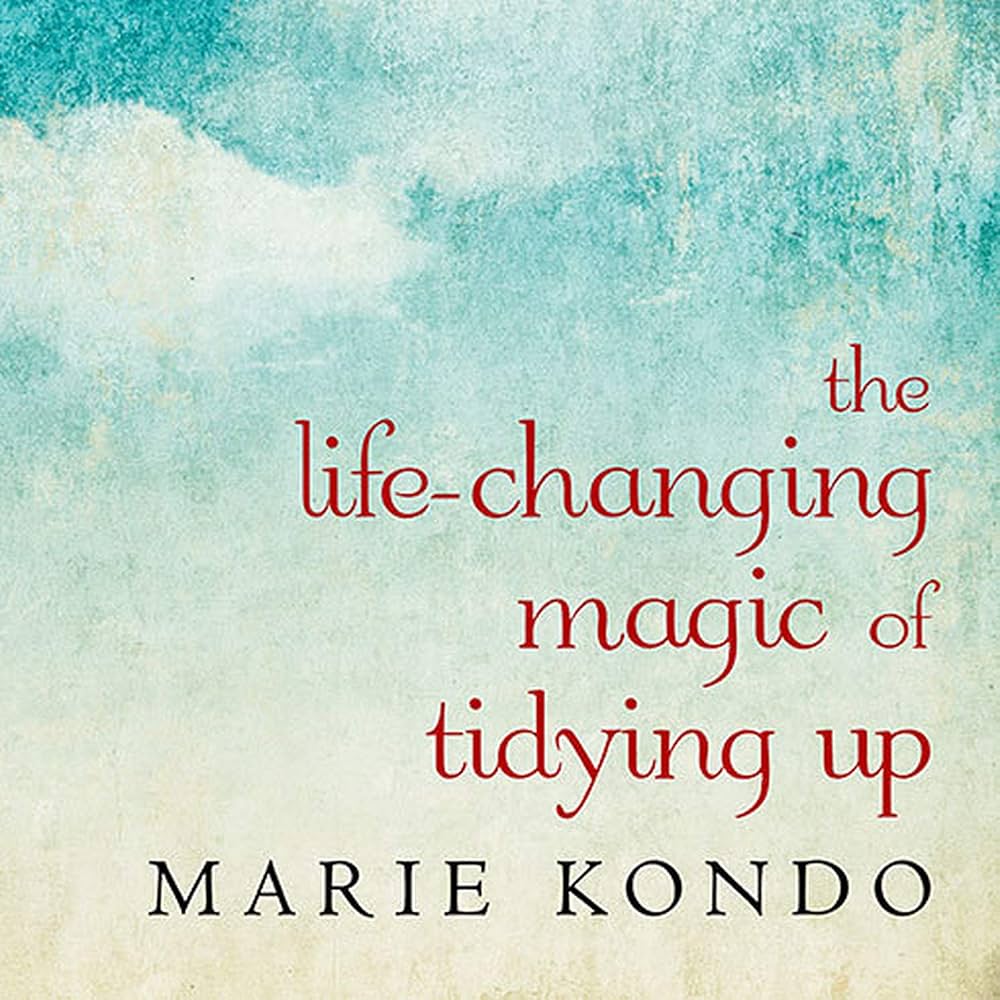
Marie Kondo’s bestseller has become a cornerstone of the minimalist movement. Her KonMari method of tidying up focuses on keeping only the items that “spark joy” and letting go of everything else. This book isn’t just about organizing your home; it’s about transforming your life by decluttering your mind and surroundings. Kondo’s approach emphasizes the emotional and psychological benefits of minimalism, making it a must-read for anyone seeking to simplify their life.
2. “Essentialism: The Disciplined Pursuit of Less” by Greg McKeown
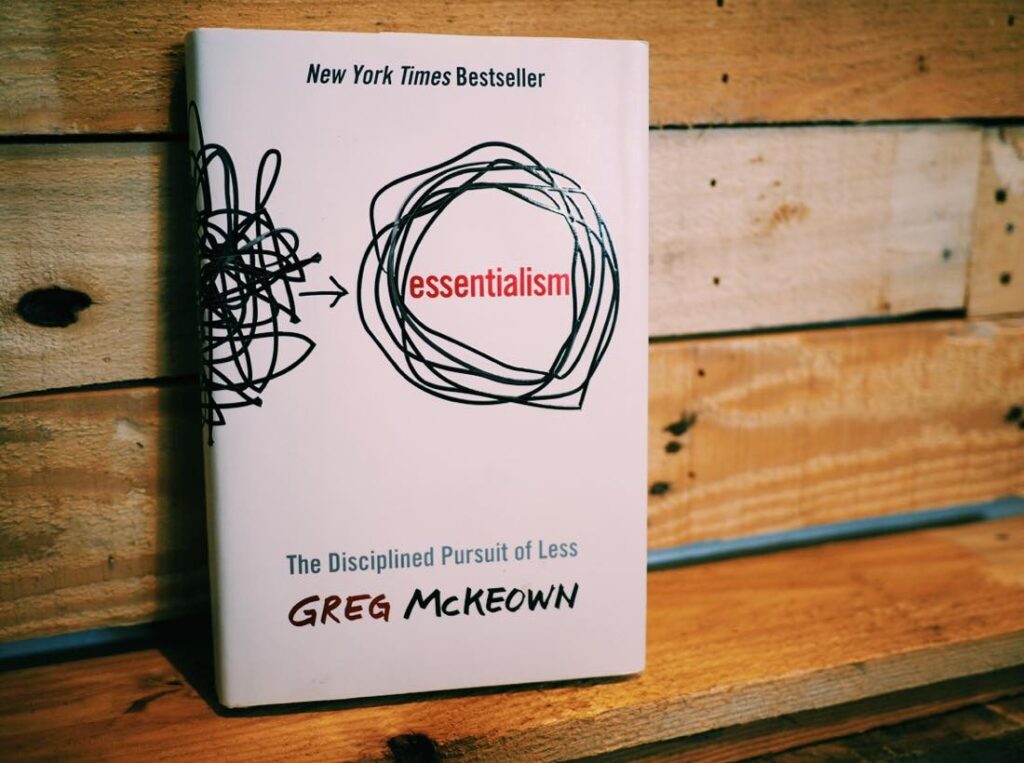
Greg McKeown’s Essentialism is all about focusing on what truly matters. The book teaches you how to eliminate the non-essential tasks, commitments, and possessions that clutter your life, allowing you to channel your energy toward what’s truly important. McKeown’s philosophy is about doing less but better, helping you live a more focused and intentional life.
3. “Goodbye, Things: The New Japanese Minimalism” by Fumio Sasaki
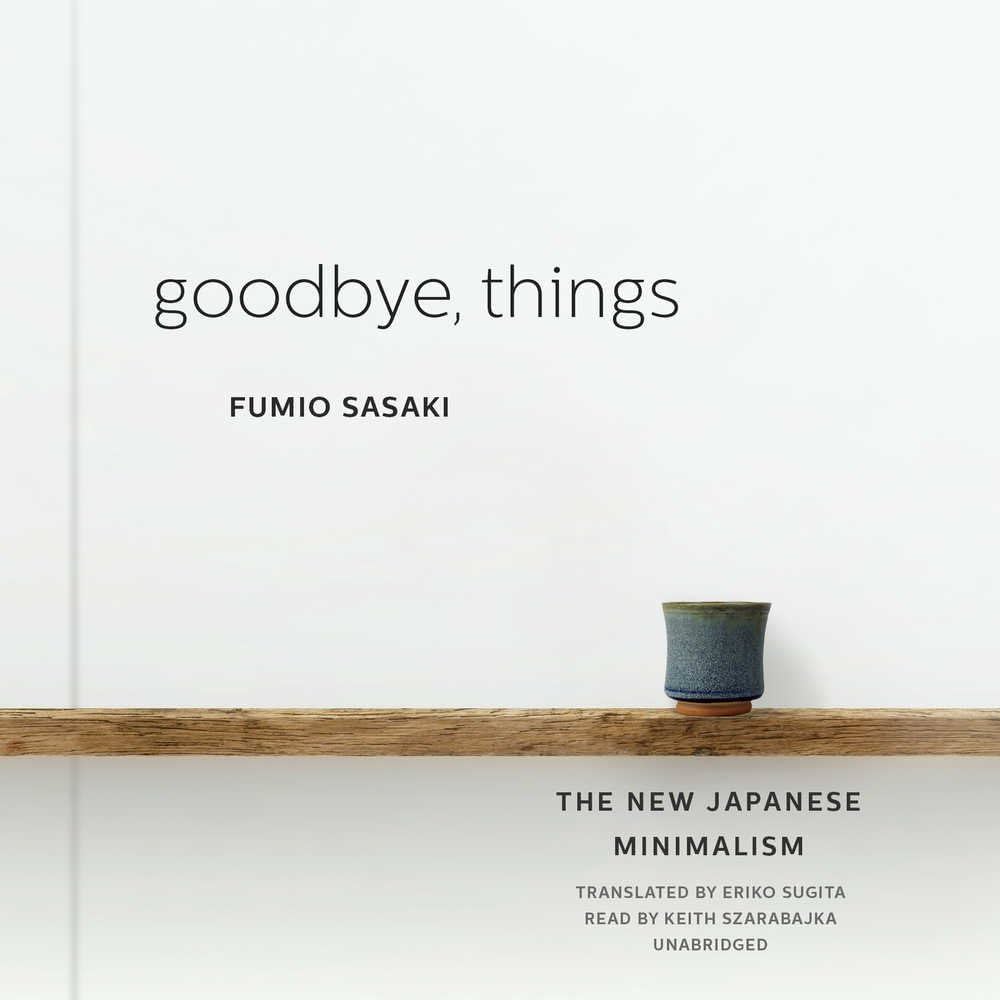
Fumio Sasaki’s Goodbye, Things offers a deeply personal perspective on minimalism. Sasaki, once an overworked and overwhelmed office worker, found peace and happiness by getting rid of almost all his possessions. The book is filled with practical advice and real-life stories that inspire readers to embrace minimalism and discover the freedom that comes with owning less.
4. “The More of Less: Finding the Life You Want Under Everything You Own” by Joshua Becker
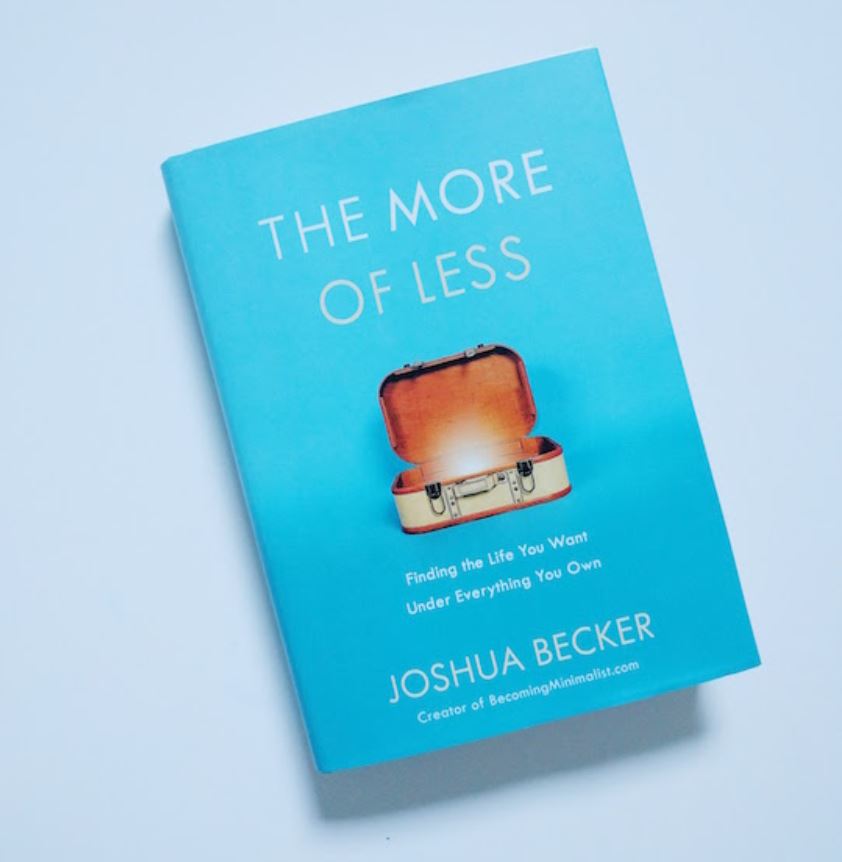
Joshua Becker’s The More of Less explores the benefits of living with less. Becker, a leading voice in the minimalist movement, shows how minimalism can lead to more freedom, time, and energy to pursue what truly matters in life. The book offers practical tips on how to start decluttering, as well as insights into how living with less can lead to more happiness and fulfillment.
5. “Digital Minimalism: Choosing a Focused Life in a Noisy World” by Cal Newport
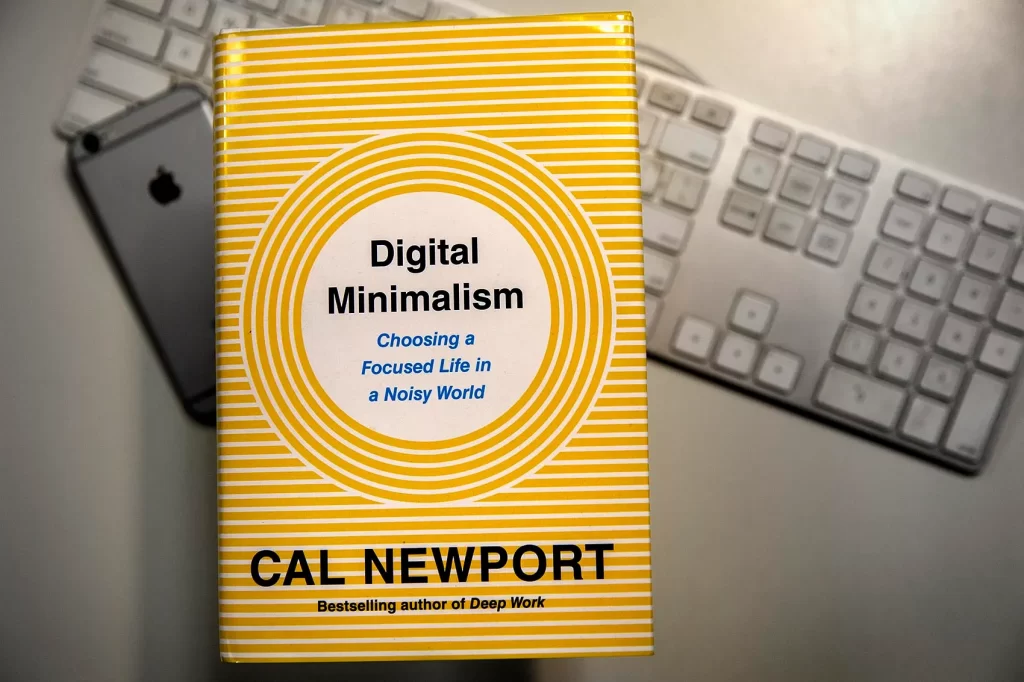
In Digital Minimalism, Cal Newport tackles the issue of digital overload. Newport argues that our constant connection to technology is a significant source of stress and distraction. The book provides strategies for reducing digital clutter, reclaiming your time, and focusing on deeper, more meaningful activities. Newport’s approach to minimalism extends beyond the physical and into the digital realm, making it an essential read for anyone looking to simplify their tech-driven life.
6. “Soulful Simplicity: How Living with Less Can Lead to So Much More” by Courtney Carver
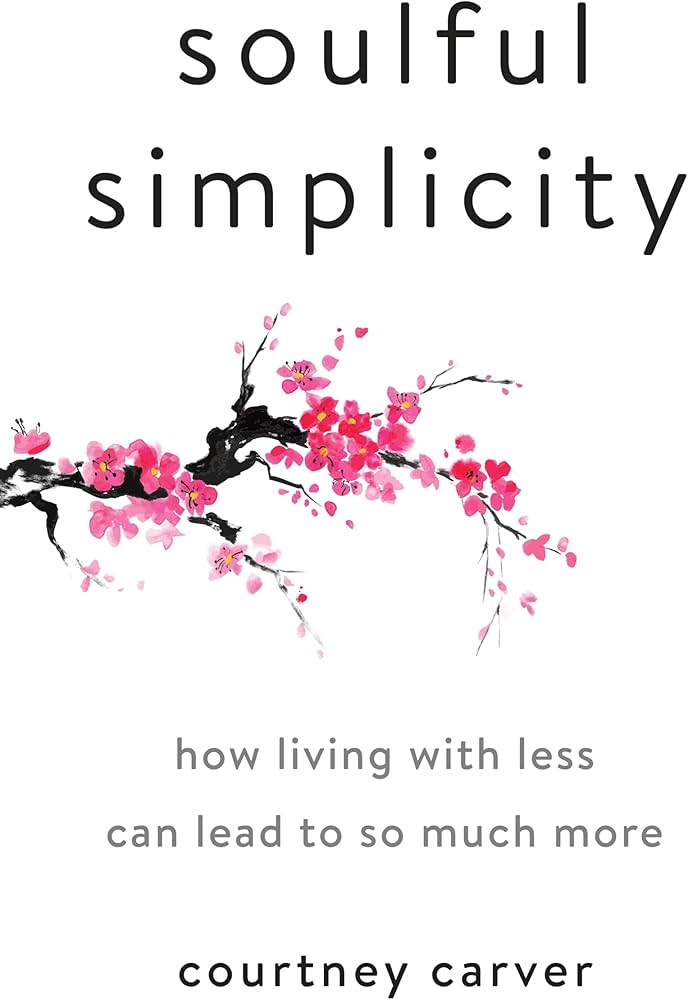
Courtney Carver’s Soulful Simplicity is a heartfelt exploration of how minimalism can improve your overall well-being. Carver shares her personal journey of simplifying her life after a diagnosis of multiple sclerosis, showing how minimalism helped her reduce stress, improve her health, and focus on what truly matters. The book offers practical advice and inspiration for anyone looking to create a simpler, more intentional life.
7. “The Minimalist Home: A Room-by-Room Guide to a Decluttered, Refocused Life” by Joshua Becker
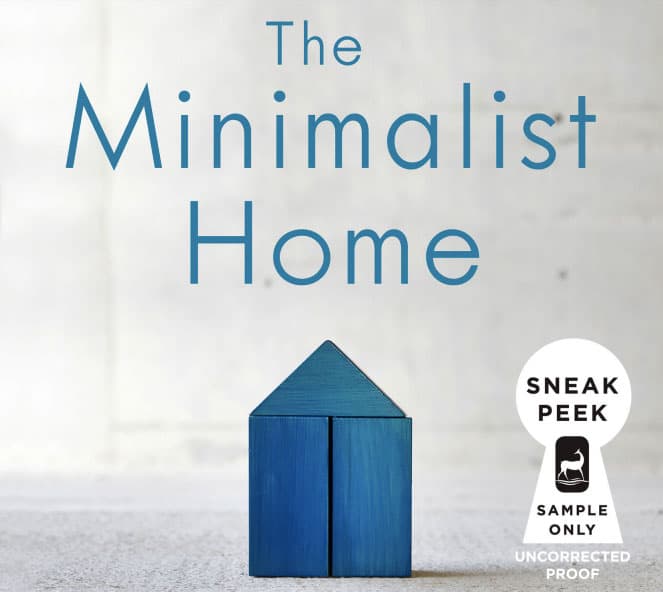
Another valuable book by Joshua Becker, The Minimalist Home takes you through a step-by-step process of decluttering each room in your house. Becker provides practical tips and motivational insights to help you create a living space that supports a minimalist lifestyle. This book is perfect for those who are ready to take action and transform their home into a place of peace and simplicity.
8. “Simplify: 7 Guiding Principles to Help Anyone Declutter Their Home and Life” by Joshua Becker
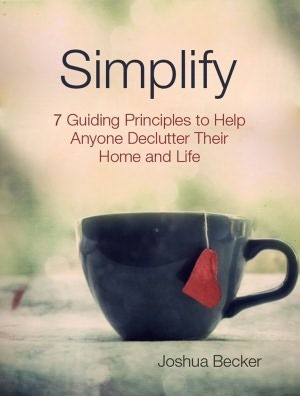
In Simplify, Joshua Becker outlines seven principles that can guide you toward a simpler, more meaningful life. The book is a quick and accessible read, packed with practical tips for decluttering your home and mind. Becker’s principles are easy to implement and can help you make lasting changes toward a more minimalist lifestyle.
9. “Minimalism: Live a Meaningful Life” by Joshua Fields Millburn & Ryan Nicodemus
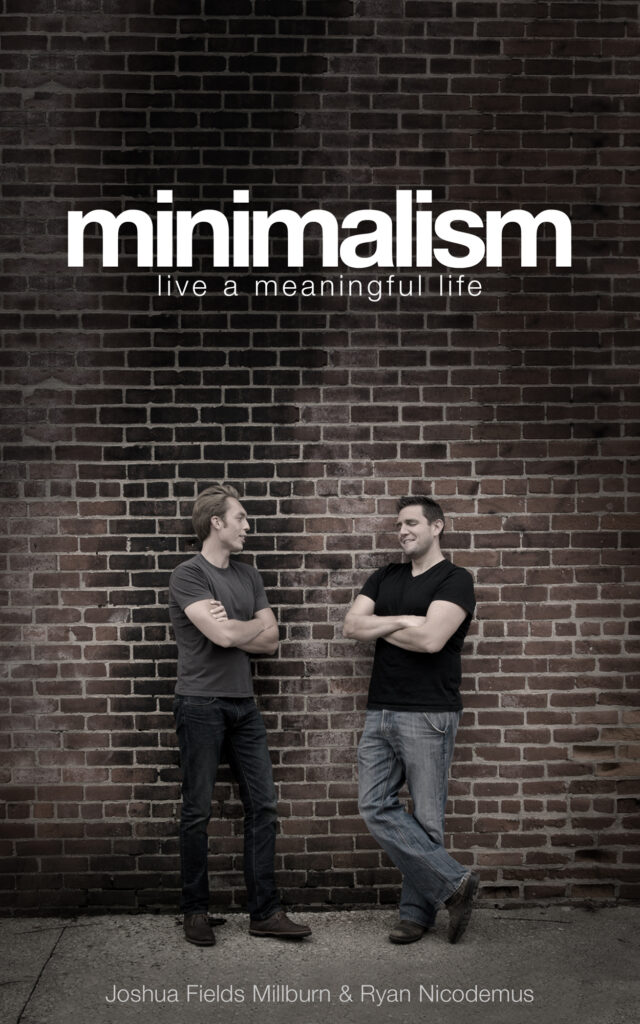
Joshua Fields Millburn and Ryan Nicodemus, known as The Minimalists, offer a holistic approach to minimalism in Minimalism: Live a Meaningful Life. The book goes beyond decluttering and explores how minimalism can improve your health, relationships, passions, and growth. It’s a thought-provoking read that challenges you to rethink your priorities and focus on what truly brings happiness.
10. “The Joy of Less: A Minimalist Guide to Declutter, Organize, and Simplify” by Francine Jay
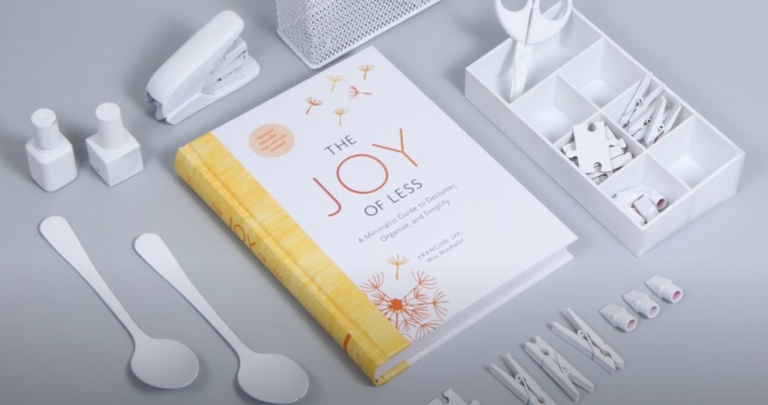
Francine Jay, also known as Miss Minimalist, offers a comprehensive guide to decluttering and organizing your home in The Joy of Less. The book is divided into manageable sections that make it easy to apply minimalism to every area of your life. Jay’s straightforward advice and encouraging tone make this book an excellent starting point for anyone new to minimalism.
Embracing minimalism can be a life-changing experience, offering you more time, space, and peace of mind. The books mentioned above provide a wealth of knowledge, inspiration, and practical tips to help you start your minimalist journey. Whether you’re looking to declutter your home, reduce digital distractions, or live a more intentional life, these books will guide you toward a simpler, more fulfilling existence. So, pick up one of these books, take the first step, and discover the joy of living with less.
Books
How to Build a Reading Habit: Tips for Finding Time and Motivation
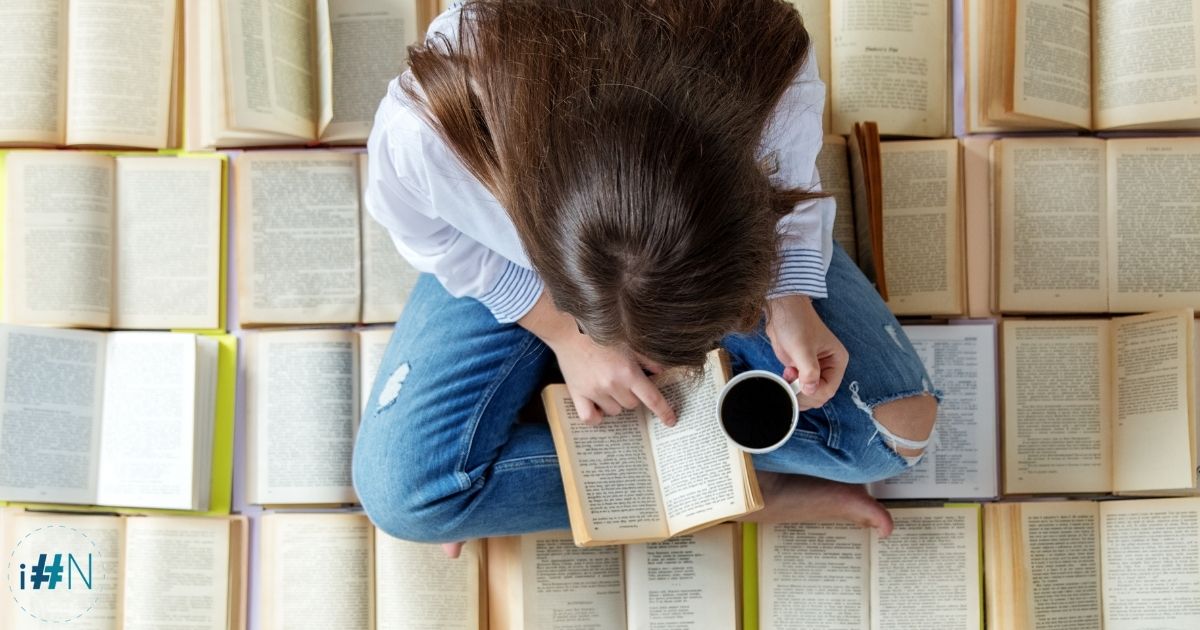
Building a reading habit can be one of the most rewarding pursuits. Whether you’re looking to read more books for pleasure, personal growth, or professional development, establishing a consistent reading routine can enrich your life in countless ways. Here are some practical tips to help you find time and stay motivated to build a lasting reading habit:
Set Realistic Goals
Start by setting achievable reading goals. Instead of aiming to read a book a week right away, begin with smaller, manageable goals like reading for 10-15 minutes each day. Setting realistic targets helps you build a habit gradually without feeling overwhelmed.
Create a Reading Schedule

Incorporate reading into your daily routine by setting aside specific times for it. Whether it’s during your commute, before bed, or during lunch breaks, having a dedicated reading time helps establish consistency. Consider using a planner or digital calendar to block out this time and treat it as an important appointment.
Designate a Reading Space
Create a cozy and inviting reading nook that encourages you to unwind and read. This could be a comfortable chair, a well-lit corner, or a hammock—any space where you can relax and get lost in a book. A dedicated reading area can make your reading time more enjoyable and something you look forward to.
Choose Books That Excite You
Select books that genuinely interest you. Whether you enjoy thrillers, historical fiction, or self-help, reading books that captivate your imagination will make the habit easier to maintain. Don’t be afraid to explore different genres and authors until you find what truly excites you.
Start with Shorter Books or Essays**
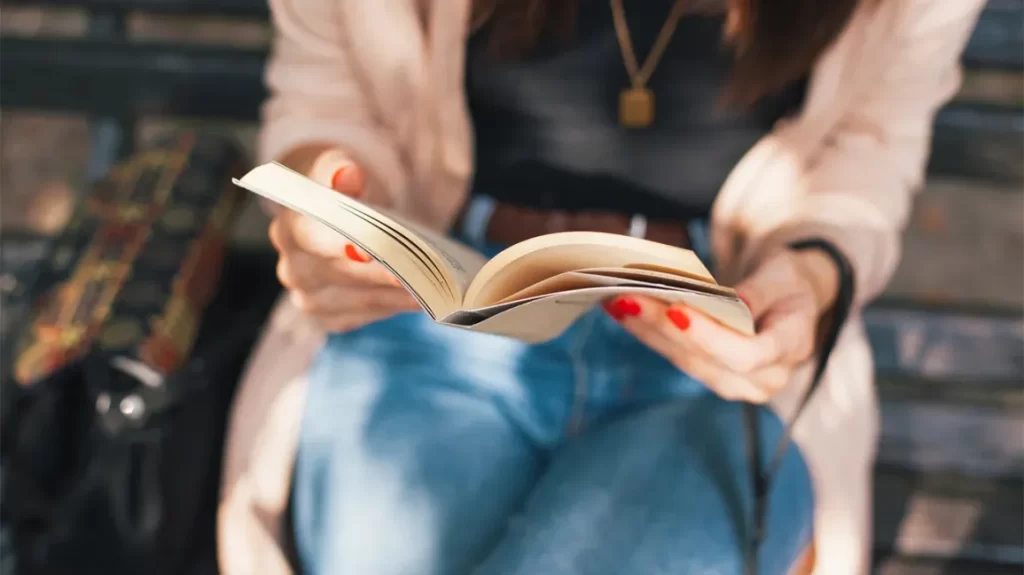
If you’re struggling to find time or stay focused, begin with shorter books or essays. These are less daunting and can provide a sense of accomplishment more quickly. Completing shorter reads can boost your confidence and motivate you to tackle longer books.
Join a Book Club or Reading Group
Participating in a book club or reading group can provide accountability and motivation. Discussing books with others not only enhances your reading experience but also encourages you to read regularly to keep up with the group’s schedule.
Track Your Reading Progress
Keep a reading journal or use a reading app to track your progress and set goals. Logging the books you’ve read and noting your thoughts can be gratifying and help you stay motivated. Many apps also offer reading challenges and communities that can provide additional encouragement.
Limit Distractions

Minimize distractions to create a focused reading environment. Put away your phone, turn off notifications, and find a quiet place where you can immerse yourself in your book. Reducing interruptions helps you stay engaged and makes your reading time more productive.
Use Audiobooks to Your Advantage
Incorporate audiobooks into your routine for times when you can’t physically read, such as during commutes or household chores. Audiobooks can be a great way to “read” while on the go and ensure you’re still making progress with your reading goals.
Be Patient and Persistent
Building a reading habit takes time, so be patient with yourself. It’s normal to have days where you read less or don’t finish a book. The key is to stay persistent and keep making time for reading, even if it’s just a few minutes a day.
By implementing these tips, you can gradually build a strong reading habit that fits seamlessly into your lifestyle. Remember, the goal is to make reading a natural and enjoyable part of your daily routine. Happy reading!
Books
The Power of Book Adaptations : Movies Based on Books

Literature represents the classic yet timeless mode of amusement. The Gen Z no longer spend their lives according to conventional schedules. Many excellent films that faithfully adapt the texts have been made. Retelling a best-selling paperback and hard copy, however, is no easy feat. Because classic texts are difficult to read at first, teenagers with impatient attitudes watch films to quickly pick up the archaic language. Movies bring teens’ imaginations to life through virtual presentations since they are still too young to fully consider the characters and stories they are creating in their heads.
We’ve selected ten of the best books that have been adapted into films, ranging from classic literature, thrillers, and mysteries to fantasy, love stories, and tales for teenagers. All of the works are excellent; we selected those that are best-sellers, critically acclaimed, or have had a significant impact on contemporary literature and popular culture. What about the films? Well, some are excellent pieces of art unto themselves. While the novels that influenced some of them live on in readers’ memories forever, others were quickly forgotten.
Little Women
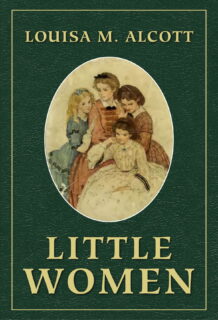
Little Women is a beloved coming-of-age story that was first released in two parts and is still incredibly relevant today. The March sisters are a shining example of family love and a tie that will not be shattered by the Civil War that rages on near their New England home. They have a tomboy author-to-be, a weak yet gorgeous sister, and the hopeless romantic. This classic story would be ideal for a mother-daughter book club read. With nominations for multiple awards, the most recent Little Women movie does the novel proud. It not only introduces a new generation to one of the best books ever written, but it also provides the story with the resolution that the author always wanted but was never able to achieve due to the times in which she lived.
Hunger Games
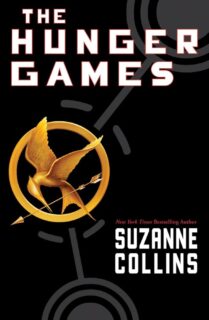
It would be reckless of us to list the greatest book-to-movie adaptations without including The Hunger Games. A bestselling book series with a horde of loyal fans is seldom easy to adapt, but this one was an enormous hit. The movie, which starred Josh Hutcherson, Jennifer Lawrence, and Liam Hemsworth, was well-received by critics and audiences alike when it was released. The screenplay for this book to movie adaption was written by Suzanne Collins, demonstrating how closely the movie adheres to the original plot. Even a few words are lifted precisely from the novel!
Harry Potter
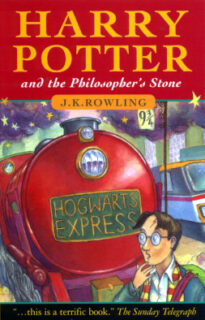
Despite having eight films, J.K. Rowling’s story had to be significantly trimmed for the Harry Potter film series, which has two credited screenwriters and four directors. Though the films follow the same progression from a bubbly children’s tale to the darker, more morally difficult story that you find in the later books, they are fairly loyal to both the plot and the character development that is Rowling’s great talent. For fans who can’t wait to see the amazing things they’ve just read about, these are the perfect adaptations.
The Devil Wears Prada
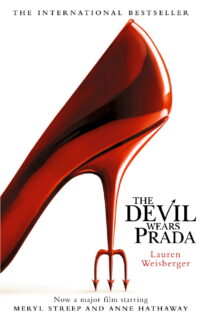
Despite Lauren Weisberger’s novel’s success, the film portrays Miranda Priestly as one of the greatest villains in cinematic history, and it is an upgrade. The film takes Miranda’s character to a darker place and offers the story a more satisfying resolution than the novel, which ended on a totally different emotional note before it was even finished.
Lord Of The Rings
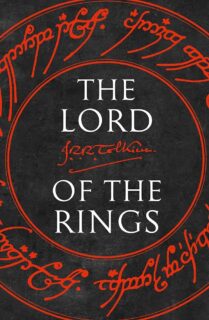
In a broad sense, Peter Jackson’s trilogy of films is quite true to J.R.R. Tolkien’s classic epic fantasy writings. Jackson greatly simplified the plot, however not many people had issue with there not being enough Tom Bombadil in it. With the use of cutting-edge computer graphics, Jackson was able to portray the most well-known fantasy universe ever imagined in a realistic and convincing manner while retaining the essential elements of hope, bravery, and despair.
Silence Of The Lamps
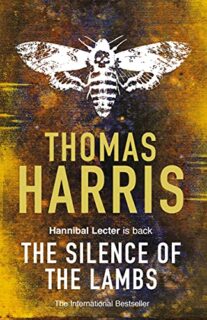
Although Jonathan Demme’s adaptation mostly follows Thomas Harris’s novel, it adds two significant elements: Anthony Hopkins and Jodie Foster. Because of these two actors’ outstanding, enduring, and viscerally believable performances, a dark, twisty thriller became a permanent fixture of popular culture. All you have to do is mention the word “Clarice” with one of Hopkins’s trademark inflections, and everyone will know what you’re talking about.
Crazy Rich Asians
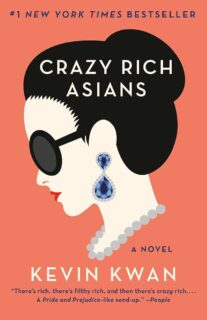
Just five years after Kevin Kwan’s charming, satirical romantic comedy debuted, Jon M. Chu created a stunning film adaptation of it. The intimate relationships, inner workings, and nuanced expectations of Singaporean high society were all captured in the film, which became an instant smash. In addition to receiving fantastic reviews and multiple nominations for Golden Globe Awards, it naturally raised interest in the book itself.
Breakfast At Tiffany’s
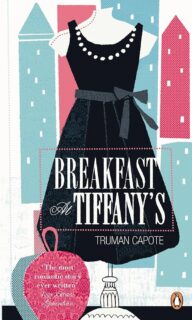
Truman Capote’s darker, more vicious novella was adapted into an epic film that is still regarded as a cultural classic. Capote’s tale of a lady attempting to salvage some glitter from the ruins of her life is heartfelt, sorrowful, and ultimately exquisite. The film ends on a positive, romantic note, while toning down the queer, tragic, and prostitute undertones. Nevertheless, each of these elements is strong, unforgettable, and bordering on brilliance.
Anna Karenina
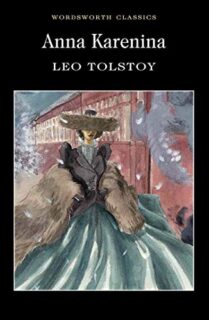
For good reason, Leo Tolstoy’s Anna Karenina is frequently regarded as the best book ever written. With subtle undertones of mental illness and touching on issues of adultery, love, humanity, and life in Russia, Tolstoy tells his expansive tale without resorting to oppressive morals. Rather, the reader is asked to peer into these lives as a voyeuristic observer, not passing judgement on the shortcomings of his characters. With 864 pages, Tolstoy’s work is by no means short. Despite this, four films have attempted to depict it, with the most imaginative and opulent being the 2012 adaptation starring Keira Knightley, Jude Law, and Domhnall Gleason.
The Color Purple
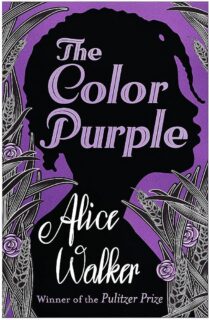
The Color Purple, Alice Walker’s 1982 book, was awarded the Pulitzer Prize. This is among the greatest books ever written because of Walker’s moving and vivid writing. One of the best works about racial relations in early 20th-century America because of the story’s cultural significance. It’s also among the best books that have been adapted into films because to Menno Meyjes’ excellent script. In this epic story of an African American woman (played by Whoopi Goldberg) living in the South and enduring unbelievable abuse and bigotry, Steven Spielberg coproduced it with Quincy Jones. His direction does the book justice and brings Walker’s significant tale to life for generations of new audiences.
Books
Transform Your Life with These 10 Life-Changing Self-Help Books
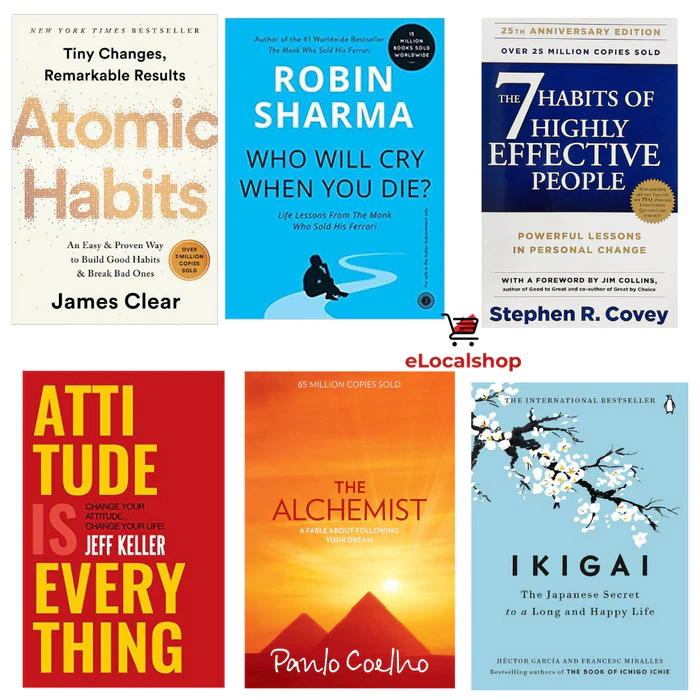
Self-help books have become a popular genre in recent years, offering readers a chance to explore their inner selves, identify areas for personal growth, and learn new strategies for overcoming challenges. With so many books to choose from, it can be overwhelming to know where to start. To help you on your journey of self-discovery and personal transformation, we’ve compiled a list of the top 10 self-help books that have had a profound impact on readers worldwide.
- “The Power of Now” by Eckhart Tolle – This book teaches readers the importance of being present in the moment and letting go of the past and future to find inner peace.
- “The 7 Habits of Highly Effective People” by Stephen Covey – This classic book explores the habits of successful people and offers practical advice on how to incorporate them into your own life.
- “The Alchemist” by Paulo Coelho – This novel tells the story of a young shepherd who sets out to find his personal legend, teaching readers to follow their dreams and trust in the universe.
- “Daring Greatly” by Brené Brown – This book explores the power of vulnerability and encourages readers to embrace it as a key component of personal growth.
- “Atomic Habits” by James Clear – This book explores the science of habit formation and offers practical advice on how to build good habits and break bad ones.
- “The Miracle Morning” by Hal Elrod – This book outlines a morning routine designed to increase productivity, improve health, and promote personal growth.
- “The Four Agreements” by Don Miguel Ruiz – This book explores four key agreements that can transform your life: be impeccable with your word, don’t take anything personally, don’t make assumptions, and always do your best.
- “Big Magic” by Elizabeth Gilbert – This book explores the creative process and encourages readers to pursue their passions and live a creative life.
- “The Happiness Project” by Gretchen Rubin – This book outlines a year-long project in which the author set out to improve her overall happiness, offering practical advice for readers to do the same.
- “Man’s Search for Meaning” by Viktor E. Frankl – This book tells the author’s personal story of survival in a concentration camp during World War II and offers insight into finding meaning and purpose in life.
These books have helped countless readers overcome challenges, find inner peace, and achieve personal growth. Whether you’re looking to improve your relationships, build better habits, or find your life’s purpose, there’s a self-help book out there that can guide you on your journey.
-
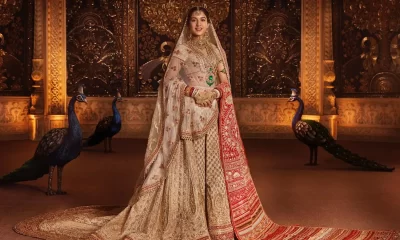
 Style11 months ago
Style11 months agoBridal Guide : Best Looks of Radhika Merchant Ambani
-
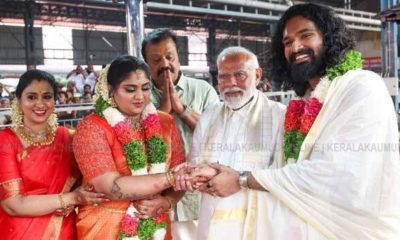
 Entertainment1 year ago
Entertainment1 year agoThe Stunning looks from Bhagya Suresh’s Wedding
-
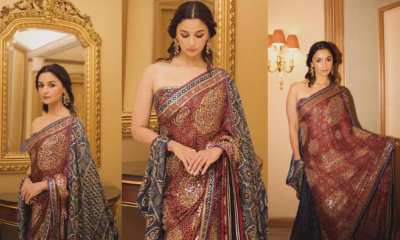
 Fashion1 year ago
Fashion1 year agoMost Discussed Ajrakh Saree of Alia Bhatt
-
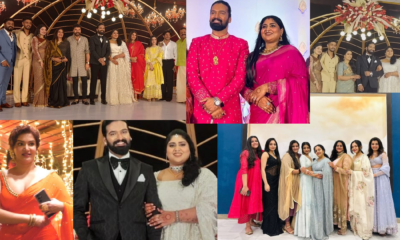
 Entertainment1 year ago
Entertainment1 year agoThe Most Stylish Guests of Bhagya Suresh Reception
-
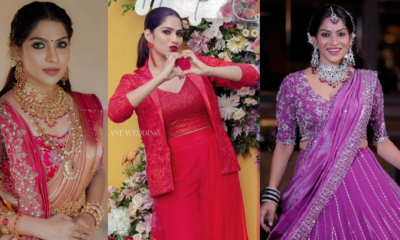
 Entertainment1 year ago
Entertainment1 year agoBridal Bliss : All Bridal Looks of Swasika Vijay
-
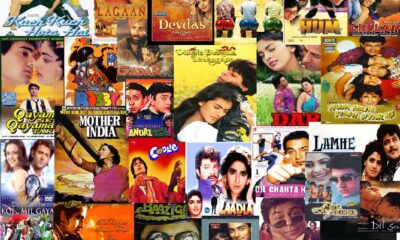
 Movies1 year ago
Movies1 year agoA Nostalgic Journey Through Love &Cinema : Best Bollywood Romantic 90s Movies
-

 Fashion1 year ago
Fashion1 year agoMajor Denim Trends You Need To Know in 2024
-
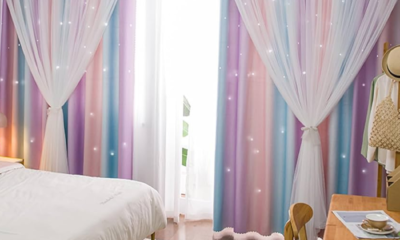
 AD8 months ago
AD8 months agoPopular Curtain Fabrics to Consider for Your Home




